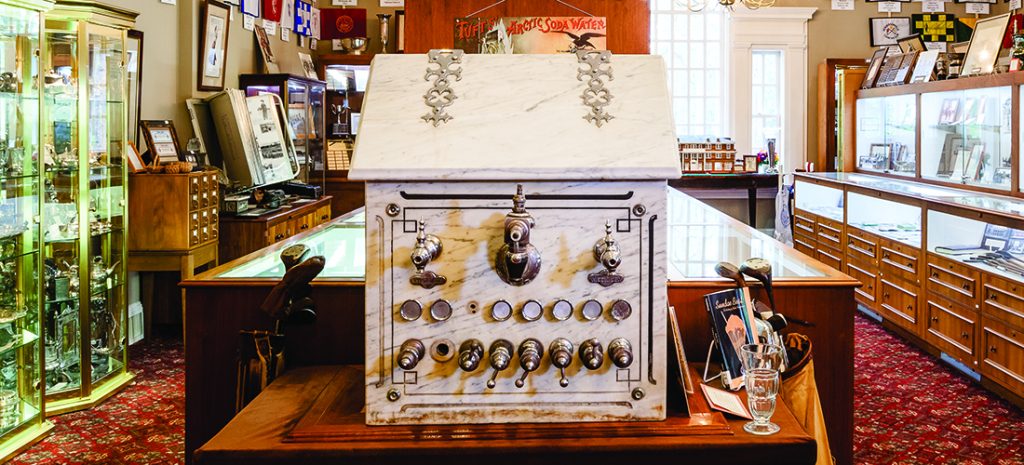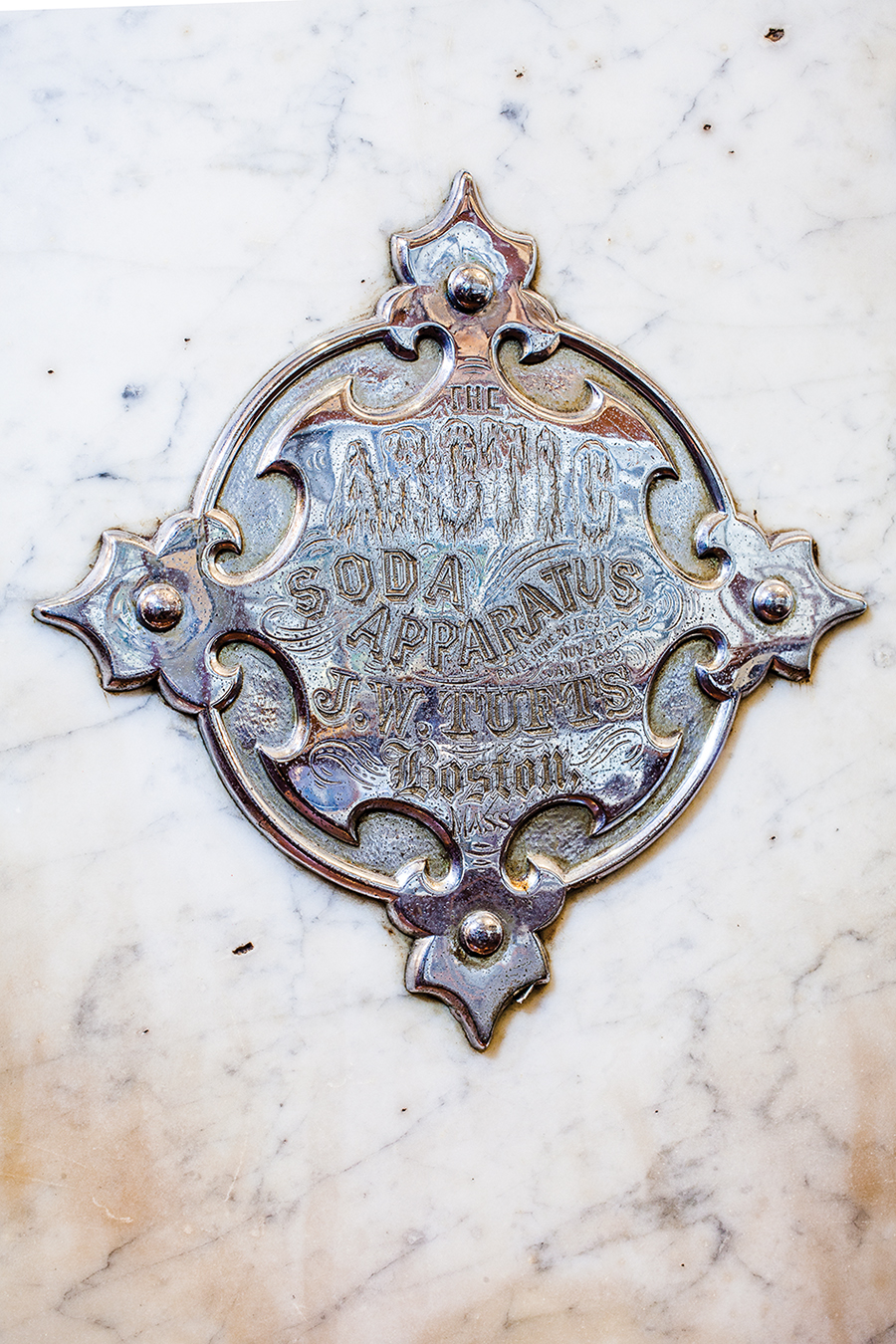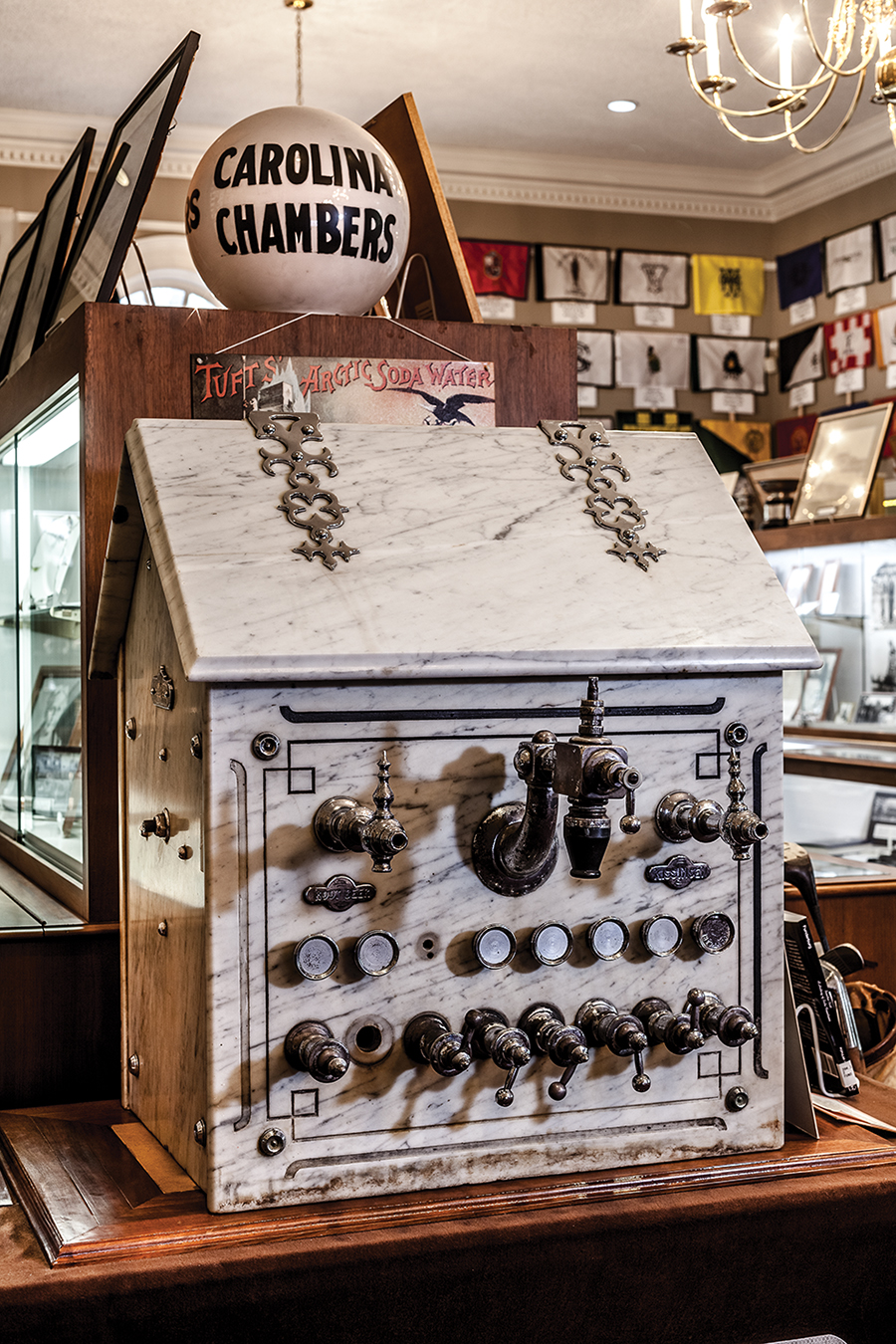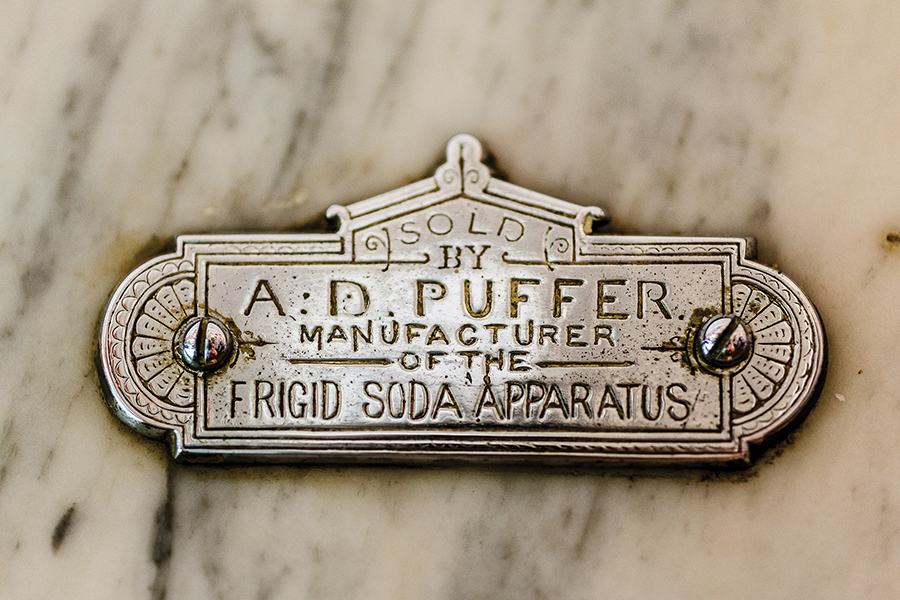Golftown Journal

Three of a Kind
Keeping Pinehurst in good hands
By Lee Pace
Photographs by John Gessner



Think of it: Trump Pinehurst. JW Marriott Pinehurst Resort. Omni Pinehurst. Imagine checking your brokerage account for HLT and wondering if the Hilton chain stock got a nice bump during the weeks Pinehurst was hosting the U.S. Open. Oh, what could have been — and thankfully has not.
Consider this: Pinehurst (the resort and club) is 128 years old. It has had three owners. Three. In a golf industry expected to crest $41 billion by 2025 and with mergers and acquisitions flying like golf balls on Maniac Hill, Pinehurst has remained safely ensconced in private hands, never having to make its quarterly nut.
Certainly, it’s not all been peaches and cream, particularly those two years in the early 1980s when a consortium of banks was in charge after Diamondhead defaulted on its loans. Depressions and recessions generated some heartburn.
Trivia question: What do soda fountains, shipping containers and country club management have in common? Those were the arenas in which entrepreneurs that would eventually own Pinehurst generated their fortunes. James Tufts, Malcom McLean and Robert Dedman Sr. each grew from modest means to fabulous business success.
Tufts was born in 1835, grew up in the Boston suburb of Charlestown, and at age 15 was apprenticed in an apothecary shop. He established his own shop by age 21 and soon expanded to five stores. He recognized the soda fountain was a key part of what would become the modern drugstore, with customers not only buying medicine but also the drinks and ice cream concoctions from the Italian marble and silver-plated foundation apparatus.
When he was 27, Tufts developed and began manufacturing and selling the successful Arctic Soda machines through his new venture, the Arctic Soda Fountain Company. And since parts of his popular fountains were silver-plated, that led him to manufacture an extensive line of silver-plated pitchers, dishes and table accessories. Many of these items, including an Arctic Soda machine, are on display at the Tufts Archives in Pinehurst.
He became the first president of the American Soda Fountain Company through a merger in 1891, and with his wealth and business success secure, he turned his focus to other pursuits and philanthropy. The concept that became Pinehurst was the result of him wanting to create a resort in the southern United States for those like him of frail health to escape the bitter New England winters.
Golf was not part of the original vision that opened in late 1895, but it came to his attention in 1897 that guests were hitting small rubber balls with wooden sticks around the dairy fields and, in the process, aggravating the cows. Tufts built nine holes as a lark in 1898, enlisting the help of Dr. D. LeRoy Culver, a Southern Pines physician who was an avid golfer, had played in England and Scotland, and understood the gist of what a course should look like. “A nine-hole golf course has been laid out after the famous St. Andrews, near Edinburgh, Scotland,” The Pinehurst Outlook reported in February 1898.
And the dominoes started falling.
Tufts died in 1902 of heart disease, and the evolution of Pinehurst remained in the hands of his son Leonard and three grandsons. In the late 1960s, the aging of that third generation, the specter of inheritance taxes and the need to spend millions of dollars to upfit what was an aging resort in a time of rapid growth of the golf industry led the Tuftses to sell the resort and club. They found a buyer in a man who grew up 30 miles away and had just collected $160 million for selling a company that had revolutionized the shipping industry.
Malcom McLean grew up on a farm near Maxton, graduated from high school and went directly into business for himself, purchasing a used pickup truck for $120 with savings from his gas-pumping job. He and two of his six siblings — sister Clara and brother Jim — then opened McLean Trucking Company, expanding their fleet and hauling crops from farm to market, and empty tobacco barrels from market back to farm.
Another early job during these mid-1930s formative days of what would become the second largest trucking firm in the country was in Pinehurst. McLean had the account of Pinehurst Inc. to haul guests’ luggage from the train station in Southern Pines to the hotels in Pinehurst.
Frustrated in 1937 by having to wait days at a New Jersey dock to unload his cargo of cotton onto a ship bound for Istanbul, McLean groused “there must be a better way” than loading a ship with cargo piece by piece. The idea fomented for two decades until he acted on his instincts in 1956 — that of designing cargo containers that could be easily separated from the truck bed and then neatly stacked on a ship designed to haul hundreds of containers at a time. He bought a fleet of old tankers, converted them to cargo ships and was off on his next venture, one that would revolutionize the shipping industry.
The eventual sale of Sea-Land Service Inc. to R.J. Reynolds in 1969 made the McLeans multi-millionaires. One of McLean’s sidelines was the resort and residential development concern that he named the Diamondhead Corporation, and that had projects underway in Mississippi, Alabama and Georgia. He remembered Pinehurst fondly from his luggage hauling days and eventually bought the resort from the Tuftses on Dec. 31, 1970, for the price of $9.2 million.
Diamondhead expanded the golf offering, building course No. 6 in the mid-1970s, creating the new World Golf Hall of Fame, and getting Pinehurst No. 2 back on the PGA Tour from 1973-82. It also embarked on an aggressive home-building expansion, with one ill-conceived and hideous idea to build condominiums within the No. 2 course that was thankfully thwarted by a lawsuit. In time, the company lost the resort to bankruptcy proceedings, opening the door for Dedman to step in in 1984.
Dedman was a self-made billionaire who worked his way from the farmland of Arkansas to law school and on to creating a business that owned and operated country, athletic and city clubs around the world. He was working as in-house counsel for Dallas oilman H.L. Hunt in the mid-1950s when he perceived an opportunity to spread the country club concept beyond the 1 percent of elite citizens. He saw hundreds of thousands of potential homebuyers and members amid the masses of people now working, earning a good living and raising families in the post-war ’50s.
Dedman soon learned of the inefficiencies inherent in the operation of clubs, most of which are governed by committees of members. They are experts in their chosen fields — doctoring or lawyering, for example — but limited in their expertise of club business. One of his favorite sayings was, “For God so loved the world that he didn’t send a committee to save it.” He brought systems and procedures to running his clubs. By bundling its buying power across dozens of clubs, his company found significant savings in purchases from fertilizer for golf courses to food for dining rooms.
Club Corporation of America eventually would own and operate more than 200 clubs total and have assets of more than $1.6 billion. Dedman died in 2002, and his son, Robert Jr., took over. The Dedman family sold its interests in what had become ClubCorp in 2006 but kept Pinehurst.
“Where would this place be if not for Robert Dedman?” Jim Hyler mused during his 2010-11 tenure as president of the USGA. “He might have been the one man in golf at the time who could pull it off. He literally saved the place.”
“The Dedmans are the ‘anti-Wall Street,’” added Mike Davis, the USGA’s executive director from 2011-21. “They don’t think about the next quarter. They think long term. You cannot put a value on that. We simply don’t have another relationship like the one we have with Pinehurst. They genuinely care about the game of golf, preserving and protecting the game.”
Tufts to McLean to Dedman. Interesting to ponder over the next year as the new Golf House Pinehurst opens and Pinehurst No. 2 plays host to its fourth men’s national championship. PS
Chapel Hill based writer Lee Pace has written extensively about Pinehurst since the late 1980s and has authored a half dozen books on Sandhills area golf. Write him at leepace7@gmail.com and follow him @leepacetweet.
